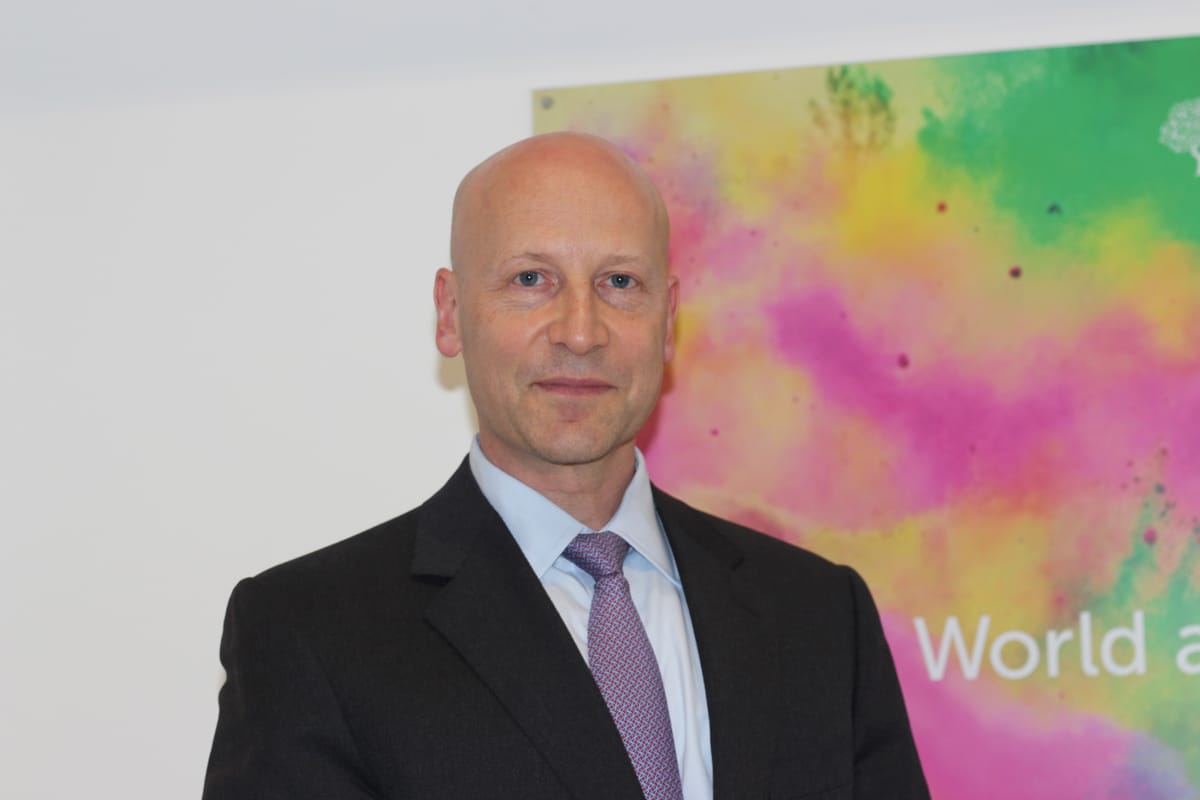In Conversation with Daniel Levin

Interviewed by Ali Mitib.
The author of Nothing but a Circus: Misadventures among the Power discusses his journey in the development industry.
What do you do in the Liechtenstein Foundation for State Governance?
In the past, institutions have come in, conducted diagnostics on a need of a particular country and then just brought experts in. The core of the foundation is tackling development in a different way. We have a knowledge platform that includes a toolkit for local class of professionals and the general population at large. The idea is that very often development fails because you spend too much time debating what the country needs. We believe that whether we are talking about civil war, poverty or lack of property rights, problem doesn’t requires a lot of debate on what the proper solutions are. For the most part it lacks committed stakeholders on the ground, committed funds and, most importantly, an absence of properly skilled professionals. To give you an example, the DR Congo is debating how to hold elections; only talking about the importance of free and fair elections is not enough. If on the other hand you have modules ready for voter registration and voter education… it’s a totally different approach to development.
In your view what is the biggest obstacle to financial development?
People want to know: is it corruption at the core or an absence of capacity to act at the core? There is a direct correlation between the two. We have seen 30-40 years of the World Bank and the IMF deploying a very similar financial development model based on expert diagnostic. That’s not always useful. In Angola in the 90’s, World Bank advisors were trying to implement the most sophisticated payment systems in a country that did not even have functioning phone lines, where the prevailing payment system was cash!
The chapter on Angola describes a surreal and enlightening experience. What was it like?
Angola was one of my Eureka experiences in the mid 90’s. We were asked to develop a financial and capital market in Angola and we started as always by training a select group of 50 people at the Ministry of Finance for seminars. I saw this huge commodity barter market. I realised very quickly that they knew a lot more about price formulation than I did – I had absolutely no business teaching them anything! What they didn’t know is how to formulise, make it fair, regulate it properly and bring it into the mainstream population. It was one of those original experiences that said we had to do development differently.
You really have to allow a country to develop economically, just like any other stock market, over centuries with many mistakes and fraudulent schemes. In Zambia, we realised that certain particular market laws were copies of U.S. law! It was nonsensical that the law would work for Zambia so we had to essentially undo it.
What has surprised you the most from your experiences being behind the closed doors?
In the introduction of the book I write that what surprises or shocks me the most still today is the self-righteous indignation and justification you witness of people making unscrupulous choices but still want to be revered in the public for fulfilling their commitment and oaths. Whether you are in Luanda or Washington, you encounter the same phenomena everywhere.




